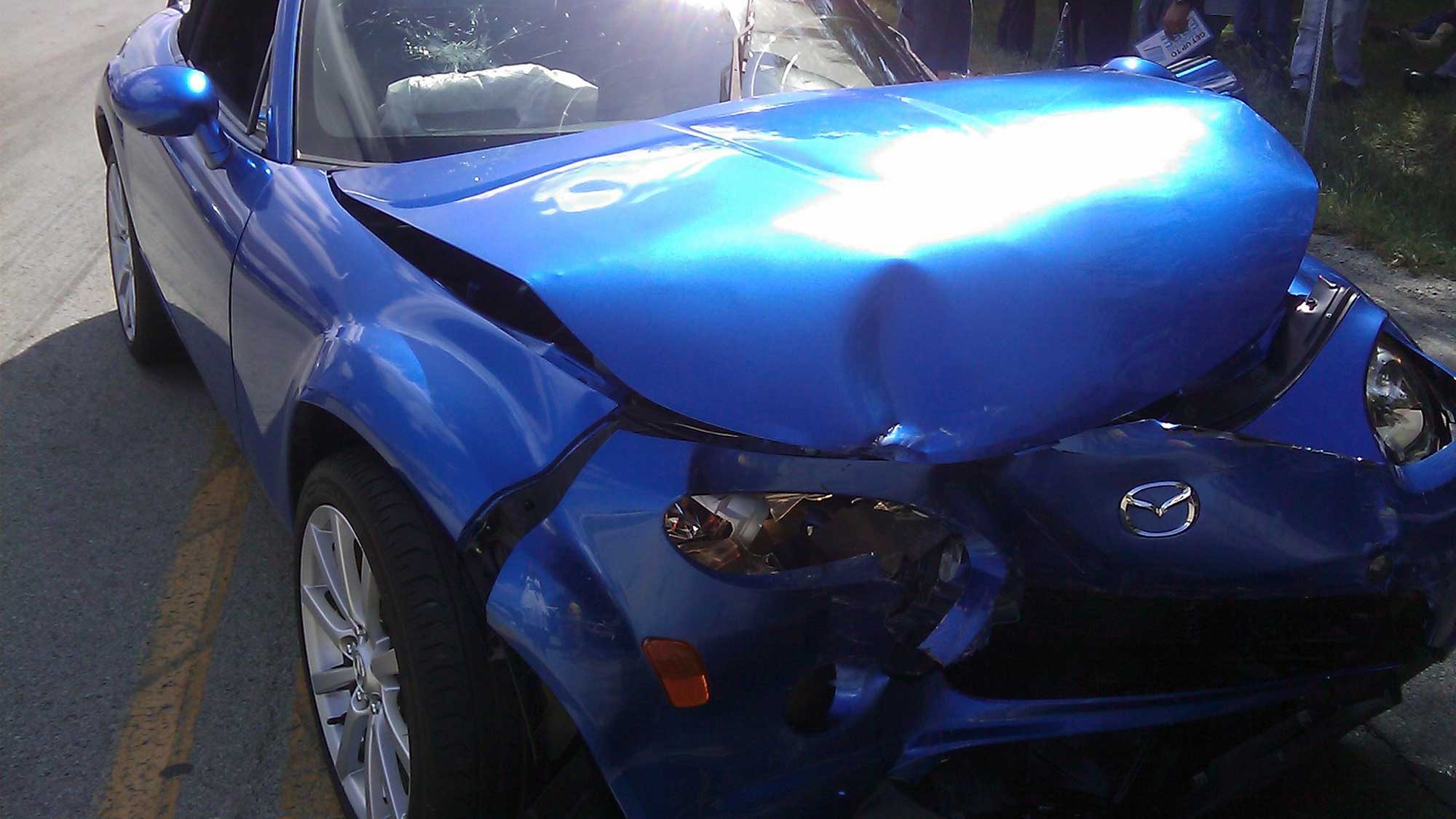Recovery for Auto Accident Damages and Injuries
Recovery from an auto accident requires establishing the at-fault driver’s duties, showing their failure to oblige, and demonstrating the resulting damages. Duty standards are fundamental to North Carolina’s tort-based legal system, which examines wrongdoing and harm to hold someone accountable for their actions.
Liability for auto accidents is essential for damage recovery and compensation, and establishing negligence requires a thorough examination of the driver’s duty standards. Demonstrating each element of a personal injury lawsuit takes time, even for the average car accident settlement. Let’s look at the requirements for a car accident attorney to establish negligence, prove your damages, and obtain the best possible compensation.
Types of Compensatory Damages
Each accident is different and may result in various damages, from property loss to physical injuries. Damages can fall into two categories, special (economic) and general (non-economic), which are outlined below:
- Special damages involve financial aspects, such as medical bills, lost wages, out-of-pocket expenses, and lost property.
- General damages include intangible losses, such as pain and suffering, emotional distress, and loss of enjoyment of life.
You must be able to provide repair shop receipts and medical invoices to support financial claims, and you may need to bring in experts and personal character witnesses to attest to emotional damages and mental anguish. Our attorneys regularly work with expert witnesses who can substantiate your claims and present them clearly to a jury.
Proving Negligence To Recover Damages
Claiming personal injury after a car accident involves showing the at-fault driver failed their obligations and caused your harm. This is more complicated than it sounds. Attorneys must prove four elements to establish motor vehicle negligence:
1. Duty of Care
Drivers in North Carolina are required to act with a reasonable degree of care towards others on the roadway, including pedestrians and cyclists. This includes observing speed limits, obeying traffic signs and signals, and abiding by seasonal safe driving tips to prevent harming others.
A motorist’s actions leading up to and during a crash should match what any prudent person would do in similar circumstances. For example, you would expect a driver to yield at a crosswalk, because a responsible driver would stop to let pedestrians safely pass.
2. Breach of Duty
A person claiming a personal injury after a car accident must show that the at-fault driver breached their duty of care. This breach could involve actions such as speeding, operating while under the influence, or distracted driving. A citation by the officer at the scene or witness testimony of the person running a red light or driving erratically are some types of evidence an attorney can use to prove a breach of duty occurred.
3. Causation
Next, you must show that the at-fault driver’s actions directly caused your injury or property damage. To prove a driver was negligent, attorneys need to demonstrate two basic facts:
- You would have been unharmed without the driver’s influence.
- The at-fault driver understood their breach of duty was likely to cause harm.
4. Damages
The results of a car accident aren’t assumed. An attorney will need to assign specific damages to your auto accident recovery claim to make sure you’re compensated for all injuries, property loss, and expenses. Your lawyer will use medical records, expert testimony, and crash reconstruction to substantiate your injury claim and damages and connect them directly back to the collision.
Evaluating Car Accident Settlements
There is no definitive average car accident settlement in North Carolina because compensation can vary from $1,000 to millions of dollars. In North Carolina, punitive damages reach a maximum of $250,000 or three times the compensatory damages, whichever is greater. However, there is no cap on special or general damages.
Rather than focusing on obtaining an above-average car accident settlement, your attorney will evaluate whether the potential auto accident recovery justifies the time and effort of litigation.
A personal injury attorney can help you calculate compensatory damages to decide whether you want to:
- Accept the offer provided by the at-fault driver’s insurance
- File a lawsuit to take the case to trial and allow a jury to decide on damages
- Negotiate for a better offer that more adequately reflects the damages
Recovery for an auto accident isn’t simple, but with an attorney’s help, you can obtain the best possible outcome. At Miller Law Group, we understand the nuances of claiming personal injury after a car accident and the importance of a settlement evaluation. When insurance companies refuse to acknowledge your injuries or you’re stuck in a liability dispute, we can help. Contact us today for a car accident case evaluation.


